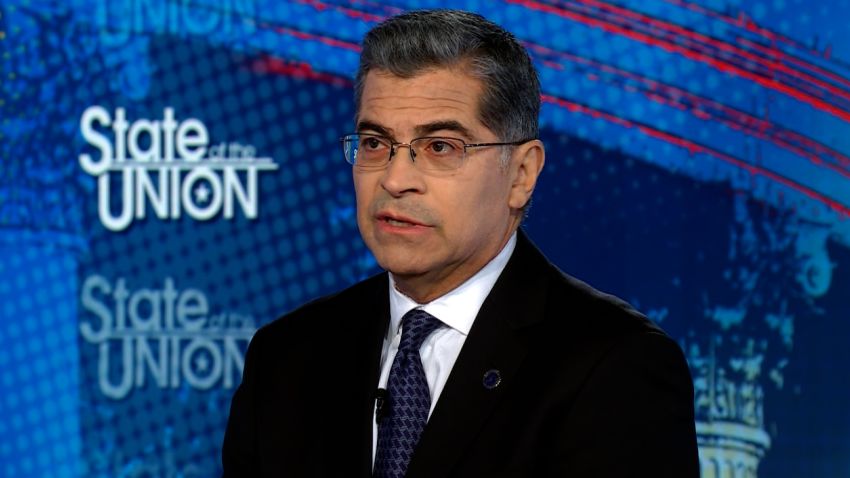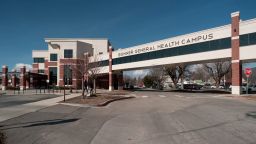As abortion rights become more restricted in the United States, a new study shows that it’s become harder for women to access reproductive health care services more broadly – such as routine screenings and birth control – in recent years.
Women seeking reproductive health care were more likely to report challenges to access – and more of them – in 2021 than they were in 2017, according to the study, published Monday in JAMA Network Open. Researchers analyzed survey data from thousands of women who were asked to reflect on their experiences with reproductive health care in the three years leading up to the study.
About 45% of women experienced at least one barrier to reproductive health care services in 2021, up 10% from 2017. Nearly 19% reported at least three barriers in 2021, up from 16% in 2017.
“Reproductive health care services are among the most common health care needs of women of reproductive age, and access to such care is of paramount public health importance,” the researchers wrote. Delaying or forgoing it can have serious consequences, both to an individual’s physical health and to their general well-being.
The most commonly cited barrier in both years was finding a physician or clinic that felt comfortable to the patient. About 1 in 4 women identified this as a challenge in 2021, up from about 1 in 5 in 2017.
Cost became slightly less of a barrier in that timeframe, but interpersonal relationships and logistical challenges such as finding transportation or child care became more challenging.
The Covid-19 pandemic probably contributed to these shifts, according to the researchers. Fear of contracting the virus could have heightened anxieties around visiting a health care setting, for example. The child care crisis has been exacerbated in recent years, which could limit travel flexibilities. On the other hand, stimulus checks may have helped ease some financial barriers.
Broader restrictions on reproductive rights – including a significant cut in federally funded family planning clinics by the Trump administration – probably also played a role, they wrote.
The largest increases in barriers to reproductive health care were reported by individuals from historically disadvantaged populations, including low-income and Hispanic women.
Get CNN Health's weekly newsletter
Sign up here to get The Results Are In with Dr. Sanjay Gupta every Tuesday from the CNN Health team.
Access to reproductive health care is a “persistent and pressing barrier,” the researchers wrote. “Significant” challenges that existed in 2017 generally got worse in 2021.
“The study’s findings suggest that efforts are needed to ensure reproductive health care access, especially during disruptive events,” they wrote.

